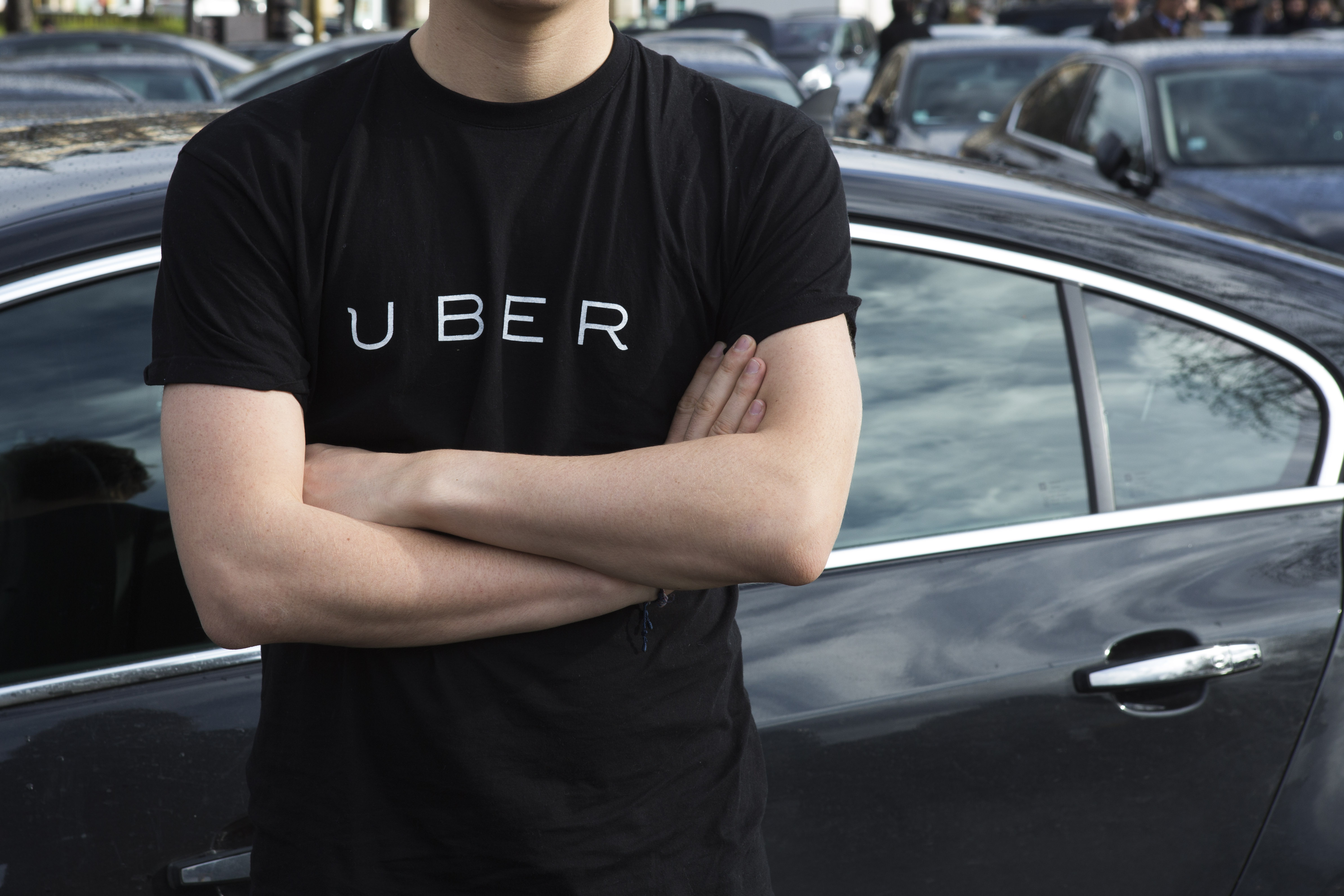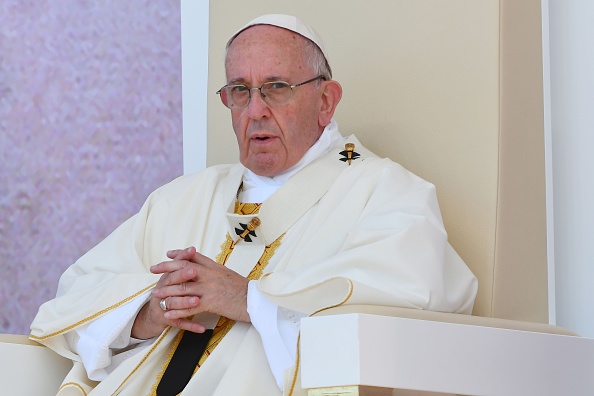The daily business briefing: August 1, 2016
Didi Chuxing buys Uber China, Asian stocks rise as expectations of Fed rate hike fall, and more


A free daily email with the biggest news stories of the day – and the best features from TheWeek.com
You are now subscribed
Your newsletter sign-up was successful
1. Didi Chuxing to buy Uber's China branch in $35 billion deal
Chinese ride-hailing service Didi Chuxing has agreed to buy Uber China in a deal valued at $35 billion. The move is an effort to make both businesses profitable. They will remain distinct brands, using merged behind-the-scenes structures. Uber will get a 5.89 percent stake in the merged business. Back in the U.S., Uber plans to invest $500 million in a mapping project to reduce its dependence on Google Maps, and to improve pickup times for its riders, the Financial Times reported Sunday. The investment also is seen as a step toward introducing driverless cars in the ride-hailing service's offerings.
2. Asian stocks rise as expectations of U.S. rate hike fade
Asian stocks edged higher on Monday, hitting a one-year high after disappointing U.S. economic data reduced the likelihood that the Federal Reserve would hike interest rates soon. New data showed that U.S. gross domestic product increased at a 1.2 percent annual rate in the second quarter, less than half of the 2.6 percent rate economists had forecast. "Investors have been shifting money to Asia, which is likely to be least affected by Brexit and as the U.S. Fed appears to be in no hurry to raise interest rates," said Yukino Yamada, senior strategist at Daiwa Securities.
The Week
Escape your echo chamber. Get the facts behind the news, plus analysis from multiple perspectives.

Sign up for The Week's Free Newsletters
From our morning news briefing to a weekly Good News Newsletter, get the best of The Week delivered directly to your inbox.
From our morning news briefing to a weekly Good News Newsletter, get the best of The Week delivered directly to your inbox.
3. Manufacturing indicators slip in China and U.K.
China's official manufacturing purchasing managers' index slipped in July to a level indicating a contraction in factory activity in the world's second largest economy for the first time in five months, according to official data released Monday. The index dropped to 49.9 in July from 50 a month earlier. Anything under 50 indicates a contraction. A private measure of China's manufacturing PMI surged, however, sending investors mixed signals. In the U.K., manufacturing declined more than expected in July following the country's vote to exit the European Union.
4. Tesla agrees to buy SolarCity for $2.6 billion
Electric car maker Tesla Motors announced Monday that it would buy solar panel maker SolarCity for $2.6 billion in stock. The deal will bring together two companies led by entrepreneur Elon Musk to create a one-stop source for consumers' clean energy hardware needs, part of what Musk recently called "part deux" of his Tesla master plan. Tesla shares edged higher and SolarCity's stock fell by 3.75 percent on the news.
A free daily email with the biggest news stories of the day – and the best features from TheWeek.com
5. Pope blames terrorism rise on global economy

Pope Francis said Sunday a global economy that marginalizes Muslim youth is the root cause of terrorism. The pope said young people are driven into extremists' arms by a lack of opportunity. "Terrorism grows when there is no other option, and as long as the world economy has at its center the god of money and not the person," the pope said as he flew back to the Vatican after a five-day trip to Poland. "This is fundamental terrorism, against all humanity."
Harold Maass is a contributing editor at The Week. He has been writing for The Week since the 2001 debut of the U.S. print edition and served as editor of TheWeek.com when it launched in 2008. Harold started his career as a newspaper reporter in South Florida and Haiti. He has previously worked for a variety of news outlets, including The Miami Herald, ABC News and Fox News, and for several years wrote a daily roundup of financial news for The Week and Yahoo Finance.
-
 Local elections 2026: where are they and who is expected to win?
Local elections 2026: where are they and who is expected to win?The Explainer Labour is braced for heavy losses and U-turn on postponing some council elections hasn’t helped the party’s prospects
-
 6 of the world’s most accessible destinations
6 of the world’s most accessible destinationsThe Week Recommends Experience all of Berlin, Singapore and Sydney
-
 How the FCC’s ‘equal time’ rule works
How the FCC’s ‘equal time’ rule worksIn the Spotlight The law is at the heart of the Colbert-CBS conflict
-
 Epstein files topple law CEO, roil UK government
Epstein files topple law CEO, roil UK governmentSpeed Read Peter Mandelson, Britain’s former ambassador to the US, is caught up in the scandal
-
 Iran and US prepare to meet after skirmishes
Iran and US prepare to meet after skirmishesSpeed Read The incident comes amid heightened tensions in the Middle East
-
 Israel retrieves final hostage’s body from Gaza
Israel retrieves final hostage’s body from GazaSpeed Read The 24-year-old police officer was killed during the initial Hamas attack
-
 China’s Xi targets top general in growing purge
China’s Xi targets top general in growing purgeSpeed Read Zhang Youxia is being investigated over ‘grave violations’ of the law
-
 Panama and Canada are negotiating over a crucial copper mine
Panama and Canada are negotiating over a crucial copper mineIn the Spotlight Panama is set to make a final decision on the mine this summer
-
 Why Greenland’s natural resources are nearly impossible to mine
Why Greenland’s natural resources are nearly impossible to mineThe Explainer The country’s natural landscape makes the task extremely difficult
-
 Iran cuts internet as protests escalate
Iran cuts internet as protests escalateSpeed Reada Government buildings across the country have been set on fire
-
 US nabs ‘shadow’ tanker claimed by Russia
US nabs ‘shadow’ tanker claimed by RussiaSpeed Read The ship was one of two vessels seized by the US military
